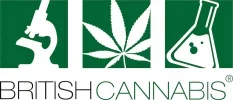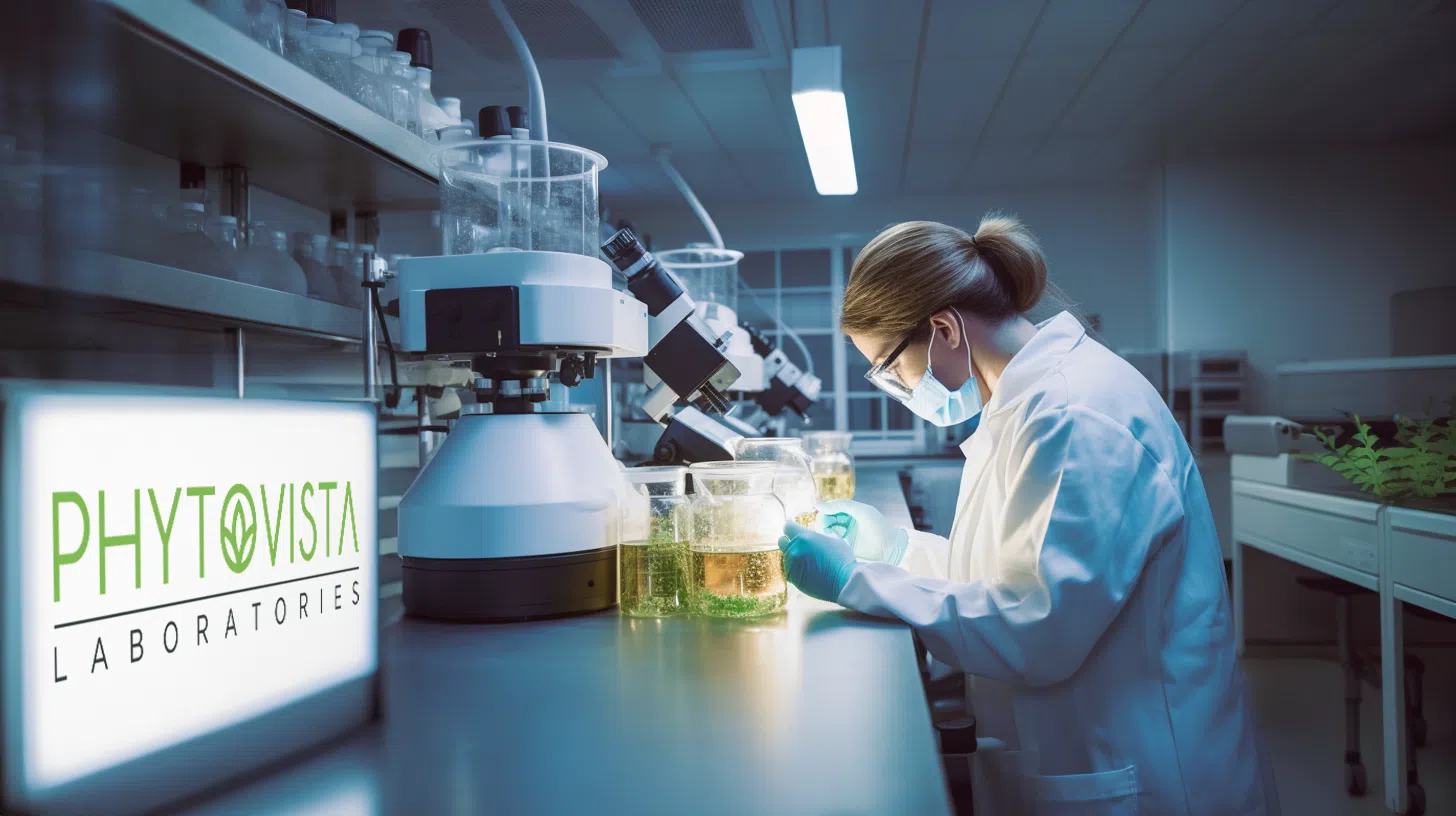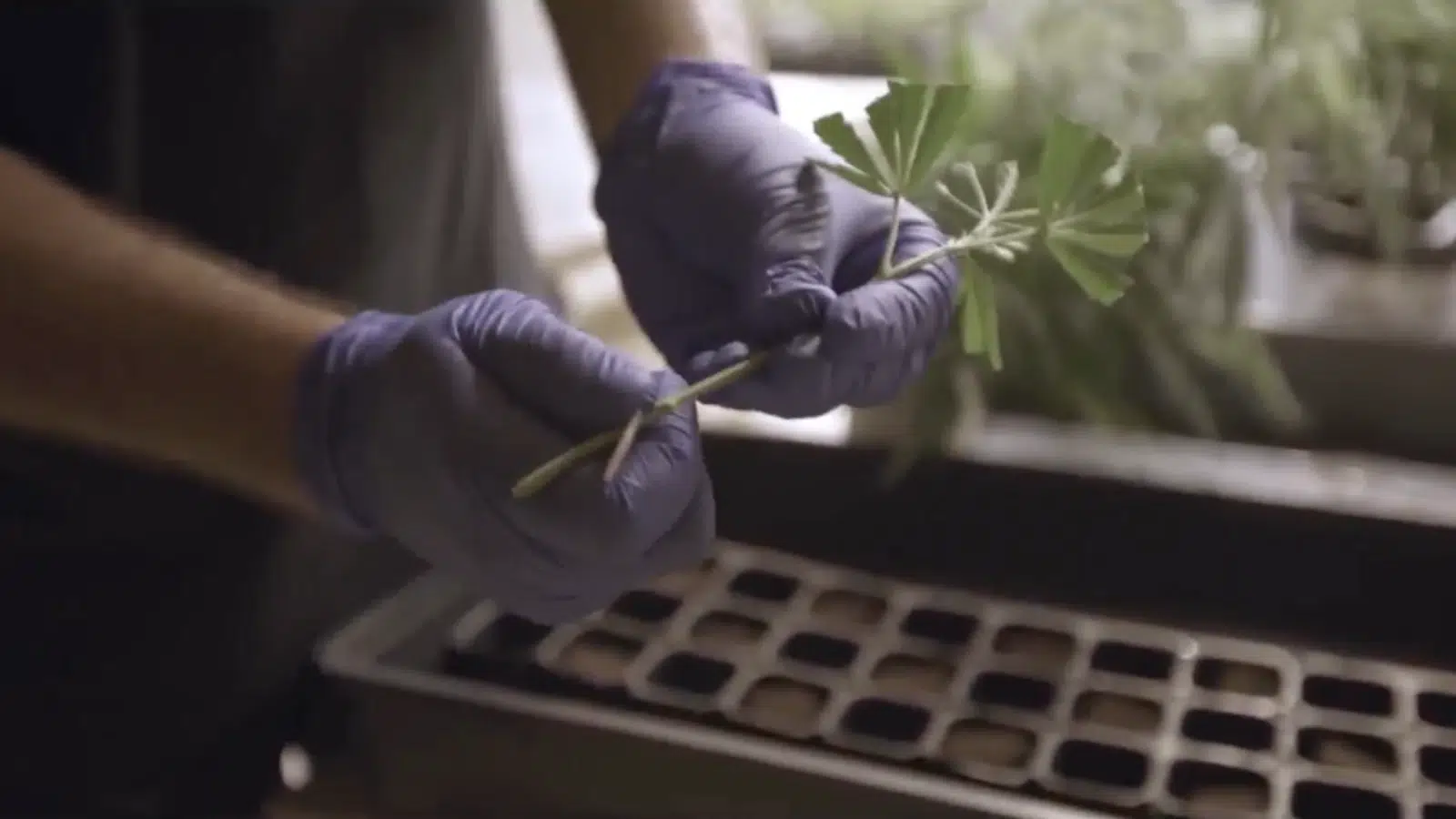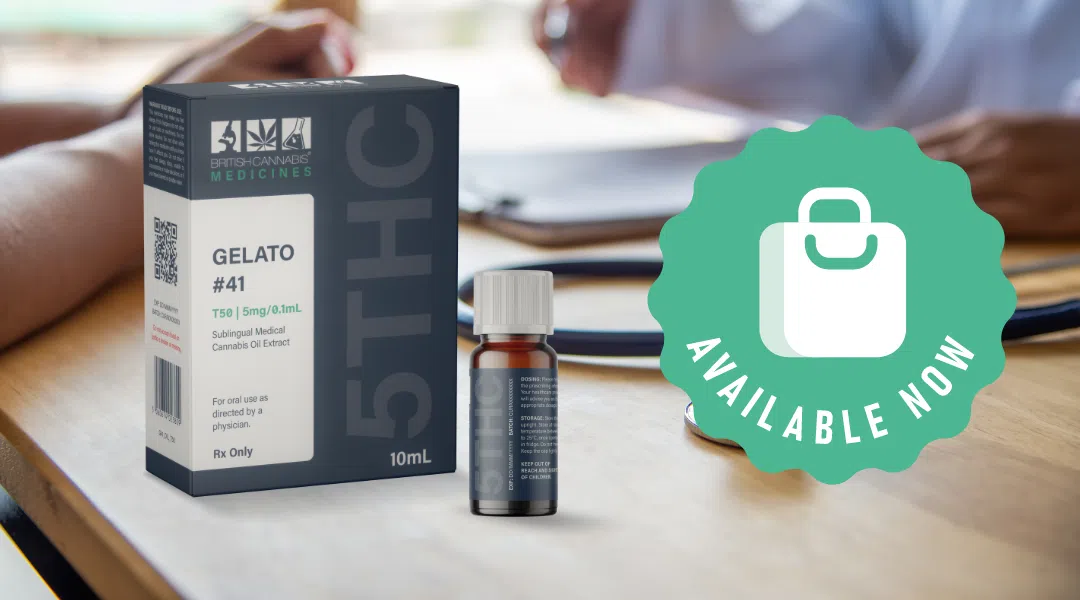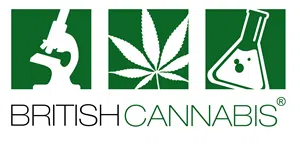
Phytovista Challenges UK Study: Are Flawed Findings Undermining the CBD Industry?
A Storm of Sensationalism
Dive into the realm of CBD, and you’ll quickly find yourself amidst a storm of controversy. The latest item standing in the centre of it all?
A recent UK study making bold claims that a staggering 95% of CBD product labels are wildly off the mark, in terms of what people are getting vs. what they have paid for. Whilst the media outlets circulating the news have arguably benefitted by positioning the news as scandal, projecting this narrative without pausing to dissect the ground it stands on is potentially harmful to both consumers and industry.
At the same time as the results of the NHL study have been broadcast, framed as alarming revelations, the future of the CBD industry dangles precariously in the balance.
Key Takeaways
- UK study claims 95% of CBD labels are inaccurate, sparking media uproar.
- Loughborough and Kent Scientific studies have questionable validity.
- Phytovista Labs highlights the need for accredited testing.
- Regulatory agencies base decisions on potentially flawed data.
- Businesses face repercussions; consumer trust in CBD wanes.
- The CBD industry pushes for transparency and accredited testing.
- Only accredited labs should be used for regulatory decisions.
Loughborough’s Contested Research: Where it All Began
The University of Loughborough initiated the ripple effect with its study. Their methodology?
An arguably low sample size of 63 CBD products. And their startling finding?
That the vast majority of these products failed to match their label claims. Without a statistically robust sample size, the credibility of this study should have been called into question.
Furthermore, the potential for selection bias cannot be overlooked, as the choice of products or participants can influence the study’s results in a way that aligns with the researchers’ or funders’ objectives. But instead, the findings have been paraded as gospel truth, sending shockwaves through the CBD community and beyond.
It’s also crucial to note a potential conflict of interest. Key figures in the study are paid employees of Bridge Farm Nurseries Ltd. Given that Bridge Farm, acquired for a substantial sum by Artemis Growth
Partners, stands to gain from the legitimization of medical cannabis, there’s a vested interest in potentially undermining the CBD food supplements industry. This casts an additional shadow over the study’s findings and its subsequent promotion.
UKAS-Accredited Testing: Precision and Reliability
Ensuring accurate results across the wide array of CBD products, from tinctures to gummies, demands specialized testing methods. UKAS accreditation serves as an emblem of lab excellence and reliability in this field. Notably, Phytovista Labs stands out as the only laboratory in the UK accredited by UKAS to test all CBD product formats, including the intricate matrix of gummies.
Kent Scientific’s Murky Contribution: A Troubling Precedent
Amid the Loughborough controversy, another study emerges from the archives—courtesy of Kent Scientific Services. Conducted earlier, this research also waves red flags, suggesting numerous products contain unauthorized psychoactive components and display erratic CBD levels.
But as one delves deeper, a troubling revelation surfaces: Kent’s study wasn’t undertaken in a certified CBD-testing lab. This critical omission immediately casts shadows over the validity of their findings.
Even more concerning, enforcement agencies like Trading Standards and regulatory bodies such as the Food Standards Agency are leaning on questionable results to determine product legality. This reliance on potentially flawed data sets a dangerous precedent, further destabilising an already volatile CBD landscape.
Phytovista Labs: Challenging the Sensationalist Claims and Setting the Record Straight
Enter Phytovista Labs, a beacon of reason in ambiguous times. Leaders in CBD analysis, Phytovista is not one to stand idly by without questioning the accuracy of the latest claims.
Their tests, based on accredited methodologies, have directly challenged the findings of Kent Scientific Services. One of the most glaring discrepancies they’ve highlighted is regarding THC content. Kent’s unaccredited results claimed a product had THC, while Phytovista’s accredited tests found no trace of the compound in that same product.
Despite this evidence, both the FSA and Trading Standards initiated punitive actions against the concerned company, causing unwarranted financial repercussions.
From Questionable Findings to Hasty Bans
It’s a sad state of affairs when speculative data can have such dire real-world consequences. Several councils, possibly swayed by these questionable conclusions, have hastily enacted bans.
Businesses, many of which pride themselves on offering quality products, now find themselves in peril. But it’s not just about economic ramifications.
It’s about the consumers who’ve come to rely on CBD products and are now confronted with a cloud of doubt and uncertainty.
Regulations Need Robust Foundations
While these studies may have shone a light on potential labelling inaccuracies in some, more loosely originated products, it’s essential to base regulatory decisions on solid science. Moving forward, it’s crucial that regulatory bodies such as the Food Standards Agency and enforcement agencies like Trading Standards ensure they rely on data derived from accredited and validated methodologies.
An Industry Call to Arms: Transparency and Validation
This is a pivotal moment for the CBD industry. Companies and industry bodies alike must rally together, pushing for research transparency and the use of accredited testing facilities.
By financing and championing credible science and communication, the industry can rebuild consumer trust and ensure its future prosperity. It’s a call to arms—a plea for the CBD industry to prioritise transparency, quality, and truth.
The future of the industry depends on it, and in turn the wellbeing of CBD product users who have relied on the compound for many years.
The Clear Path Forward: Commitment to Accreditation
In conclusion, for a robust and thriving CBD industry, it’s imperative that regulators and enforcement agencies commit to relying solely on accredited labs when forming opinions about a product’s legality. Anything less jeopardizes the entire industry’s credibility and the trust of countless consumers. It’s time for a change—and the time is now.
Share this post
Newsletter


